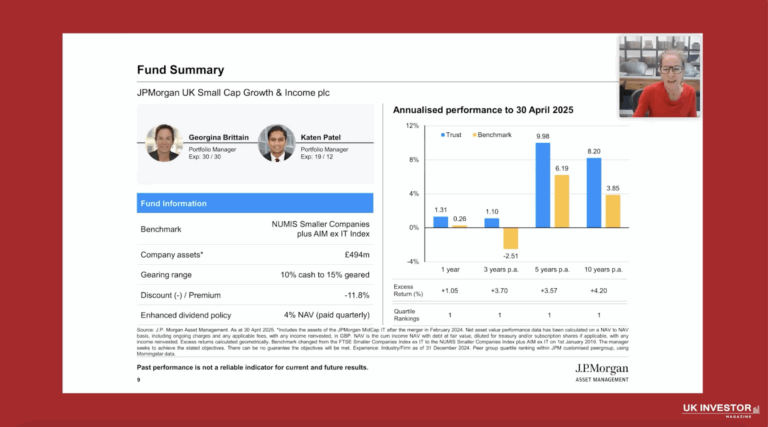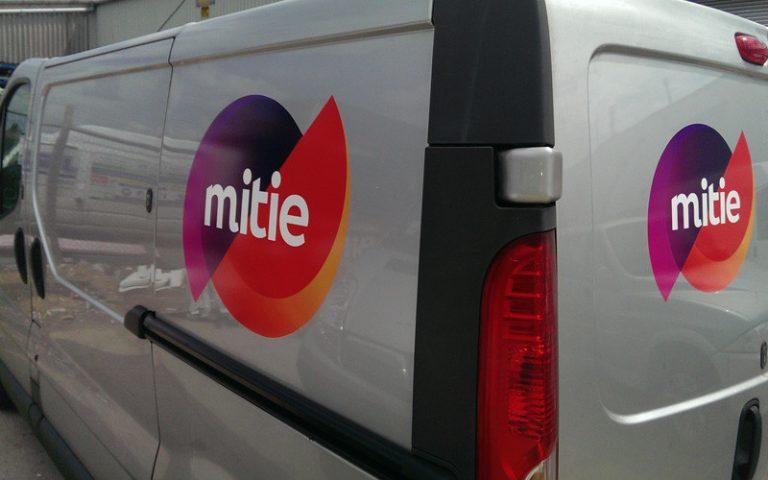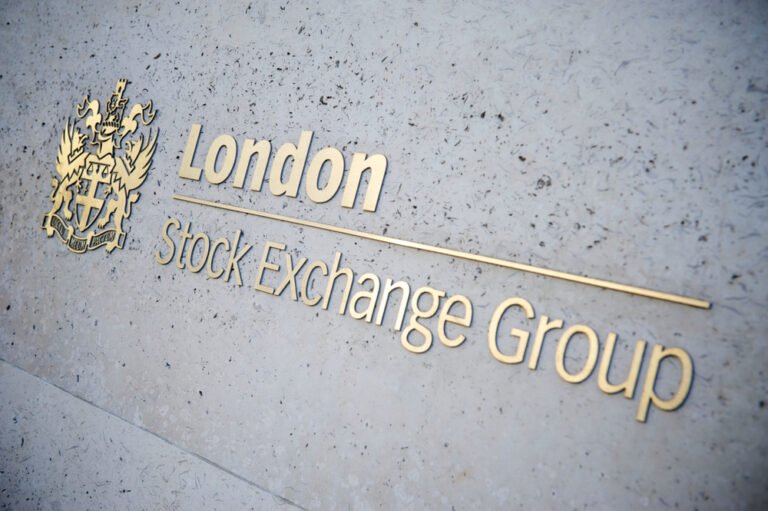GenIP released its maiden annual results on Wednesday, revealing the costs related to its AIM IPO, early sales traction and its cash position at the end of 2024.
Like many early-stage companies, GenIP’s prior years’ results are a very poor guide to where the company is now. Especially when GenIP was established that year, and it only started trading towards the end of the third quarter.
Early-stage investors tend to be more concerned about where new ventures are going rather than the initial months of trading.
In that regard, CEO Melissa Cruz’s comments attached to the release offer the most insight into the momentum the company is building:
“GenIP has made strong progress in the short time since incorporation in February 2024 and listing in October 2024. The Company has secured multiple new orders and contracts for delivery in 2025 and cultivated strong relationships within the technology transfer and innovation community, paving the way for sustained growth,” said Cruz said.
“The introduction of Generative AI-enhanced products and services in September 2024 established a firm base for GenIP’s strategy to drive revenue growth and create lasting value for stakeholders.
“With several strategic initiatives underway, GenIP is well positioned for expansion and success. As we broaden our global presence and integrate more advanced Generative AI analytics into our services, these enhancements strengthen our offerings.”
Since the end of the period, GenIP has won at least two contracts totalling $415,000, expanded into Asia, Latin America, and the Middle East, and launched a new product.
GenIP operates a model that is supported by cash flows for orders that are then later recorded as revenues when services are delivered.
We don’t know what the order book currently looks like in pounds and pence. But we do know that the company has closed deals worth at least $400,000 since the start of the year.
This covers two announced orders with monetary values attached. There have been several other orders and contracts announced with no value attached.
Assuming there are additional orders secured in the natural course of business, a sensible estimate of the cash inflows so far this year would be in the region of $400,000 – $500,000.
This may not necessarily translate into revenue for the period, as order delivery and therefore revenue is driven by customer demand for orders, which could be months after the order is made.
That said, even if last year’s cost base were replicated this year, operating cash flow would be fairly steady.
It’s worth noting that last year’s costs included non-cash share payments related to the IPO, which are likely to fall. Although more information is required to make an accurate assessment, the announcements of orders and indications of costs available to the market suggest the cash position should be fairly consistent with the beginning of the year.
Whether GenIP makes a net profit this year isn’t clear – the market will need to see more in the half-year report. What is clear is that progress in 2025 materially outstrips the numbers found in GenIP’s 2024 results.










